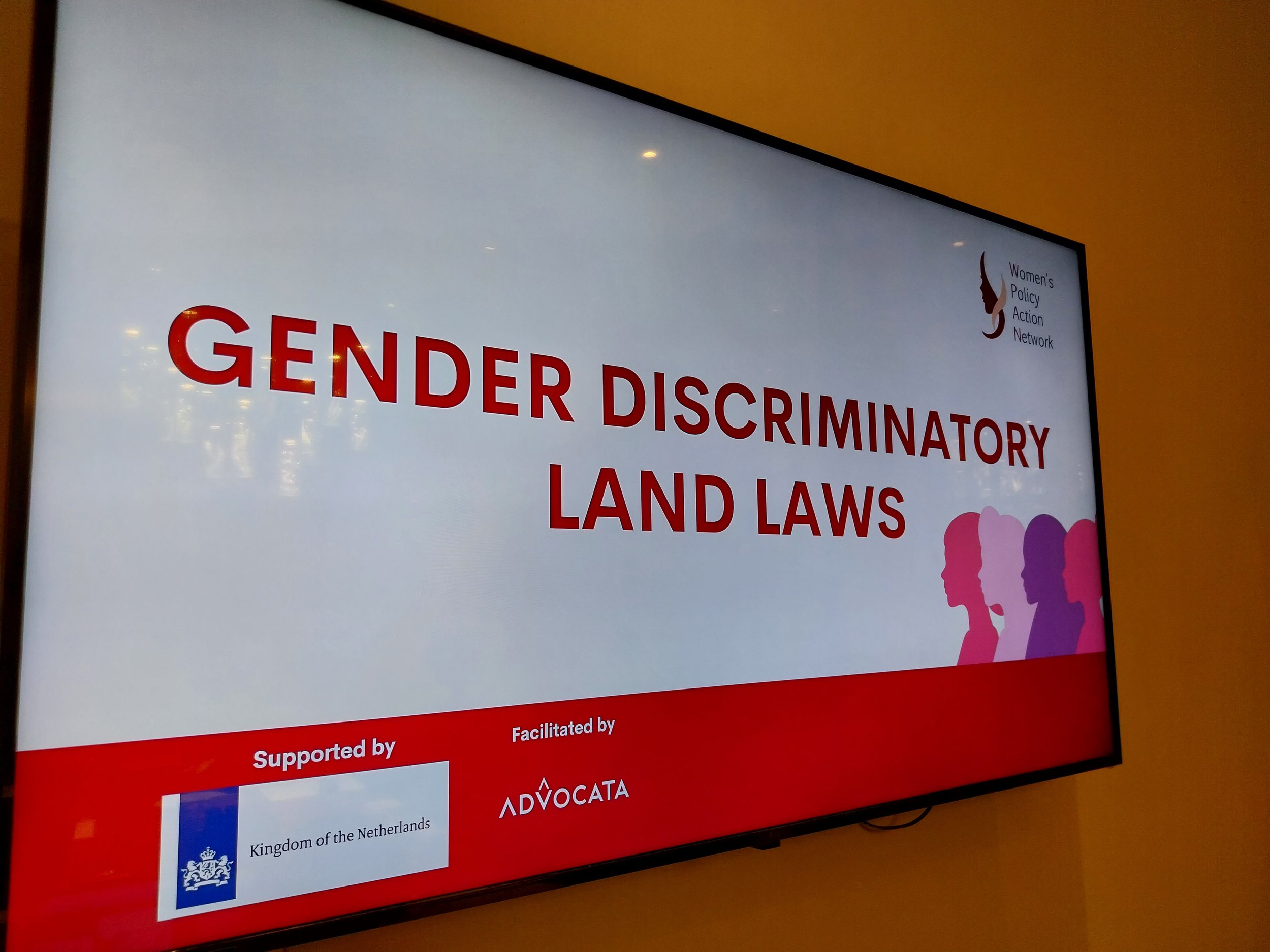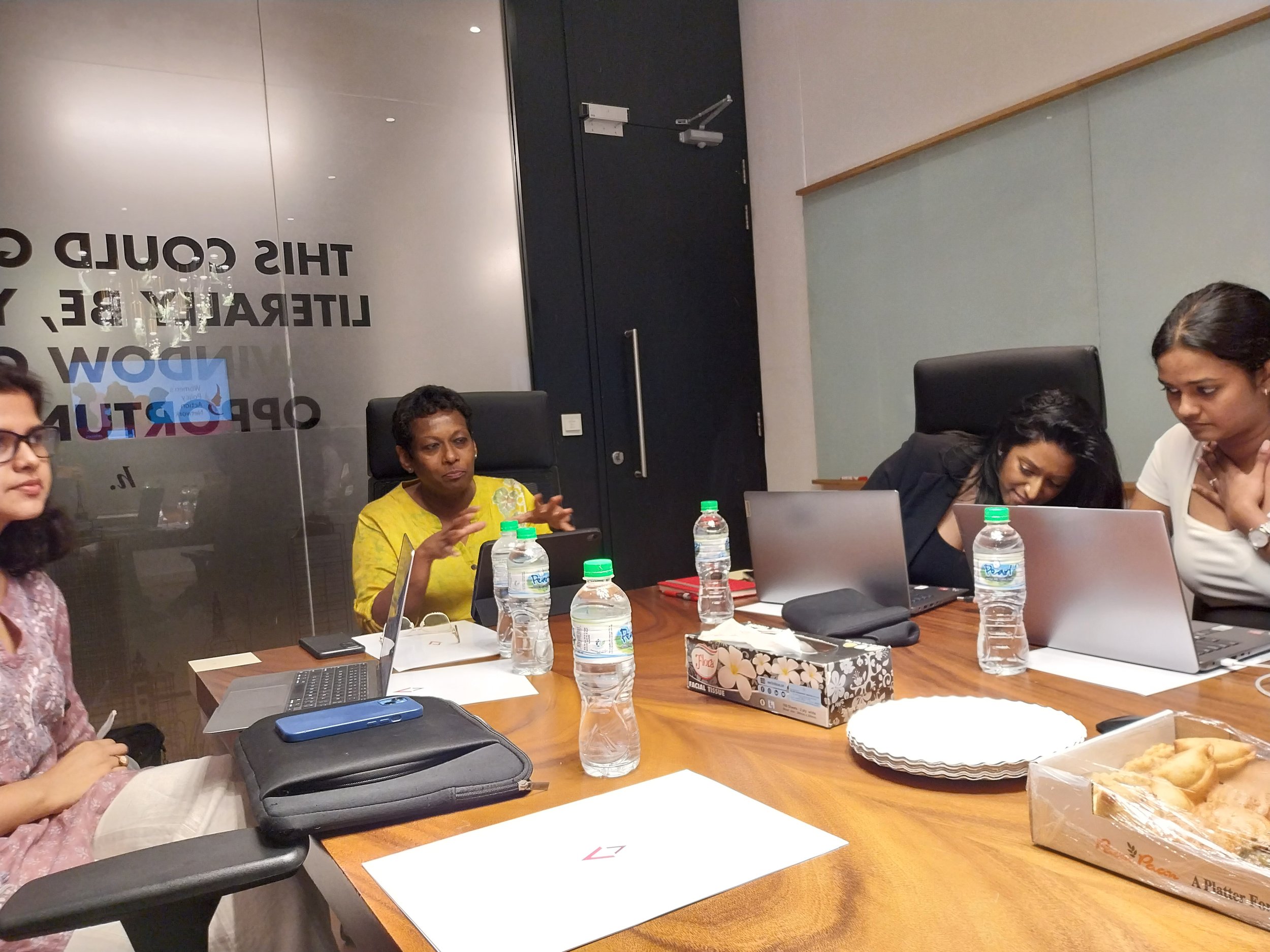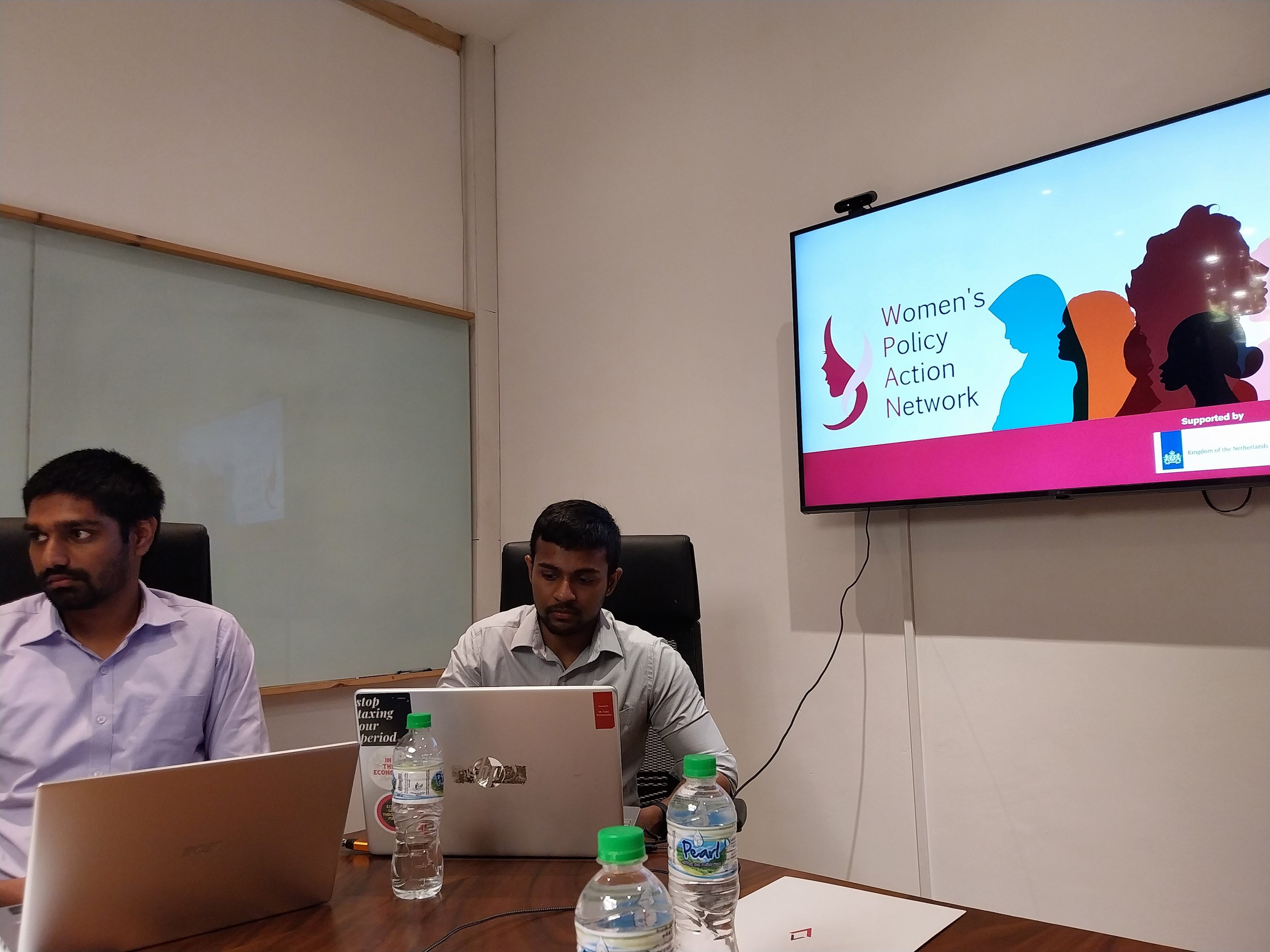NEWS RELEASE
Originally appeared in the Economy Next, Lanka Business Online and Daily FT
COLOMBO, Sri Lanka— The Advocata Institute hosted a live online discussion on “Female under-representation and its socio-economic impact” via our YouTube channel on the 6th of September 2020.
The panelists for the discussion were Dr. Sujata Gamage (Advisor to the Advocata Institute), Vraie Cally Balthazaar (Social Entrepreneur, Activist, Media Professional), Lihini Fernando (Member of Moratuwa Municipal Council, Attorney at Law, Women's Activist) and Sherien Perera (Marketer, Corporate Trainer). The session was moderated by Sathya Karunarathne (Research Executive (Policy) Advocata Institute).
The World Gender Gap Report published by the World Economic Forum ranked Sri Lanka amongst the top 20 countries in 2006. However, as previously highlighted by the Advocata Institute Sri Lanka has drastically slipped in the rankings and has descended to be ranked 102 out of 153 countries in the year 2020 despite performing well on other indicators such as health and education. This is clearly reflected in our current majority-male parliament. Despite Sri Lanka’s women constituting 52% of the population, they are left unrepresented in parliament and deprived of positions of power and access to national decision making and policy implementation. The Advocata Institute through the panel discussion highlighted the importance of improving female representation in parliament.
Given the myriad of issues Sri Lankan women face; ranging from discriminatory laws, taxes that disproportionately affect women, and labour laws that impede their entry and retention in the labour force, it is all the more important that women are represented in parliament.
The discussion identified key issues preventing female leaders from getting into key policymaking roles. Some of these issues include structural barriers faced by women when entering into politics, especially due to the existence of pedigree politics in Sri Lanka, illustrating the urgent need to extend the minimum female quota to provincial councils and the parliament. Other issues identified by the panelists include a lack of access to finances. We believe that there needs to be a level playing field as skyrocketing campaigning costs deprive competent and hardworking women from entering parliament. Another important issue being the lack of female role models in Sri Lankan politics, highlighting the immediate need to empower female role models both in politics and governance, and the need for a support system within political parties for women.
Implementing policies that reduce these structural barriers preventing the political empowerment of women would be a starting point to address this issue. As agreed by our panelists, creating a transparent and fair framework to finance election campaigns through the Election Finance Act, encouraging women to obtain a varied education, empowering female leadership in our communities and introducing a mandatory quota for women in the National list for major political parties would be a progressive step towards increasing female representation in government.
The event can be accessed on https://www.youtube.com/watch?v=yN4qhGDa3k8.
Advocata is an independent policy think tank based in Colombo, Sri Lanka. We conduct research, provide commentary and hold events to promote sound policy ideas compatible with a free society in Sri Lanka. Visit advocata.org for more information.
Advocata spokespersons are available for live and pre-recorded broadcast interviews via 077 621 6788
CONTACT:
Yasodara Kariyawasam,
Communications Manager, Advocata Institute
Email: yasodhara@advocata.org




